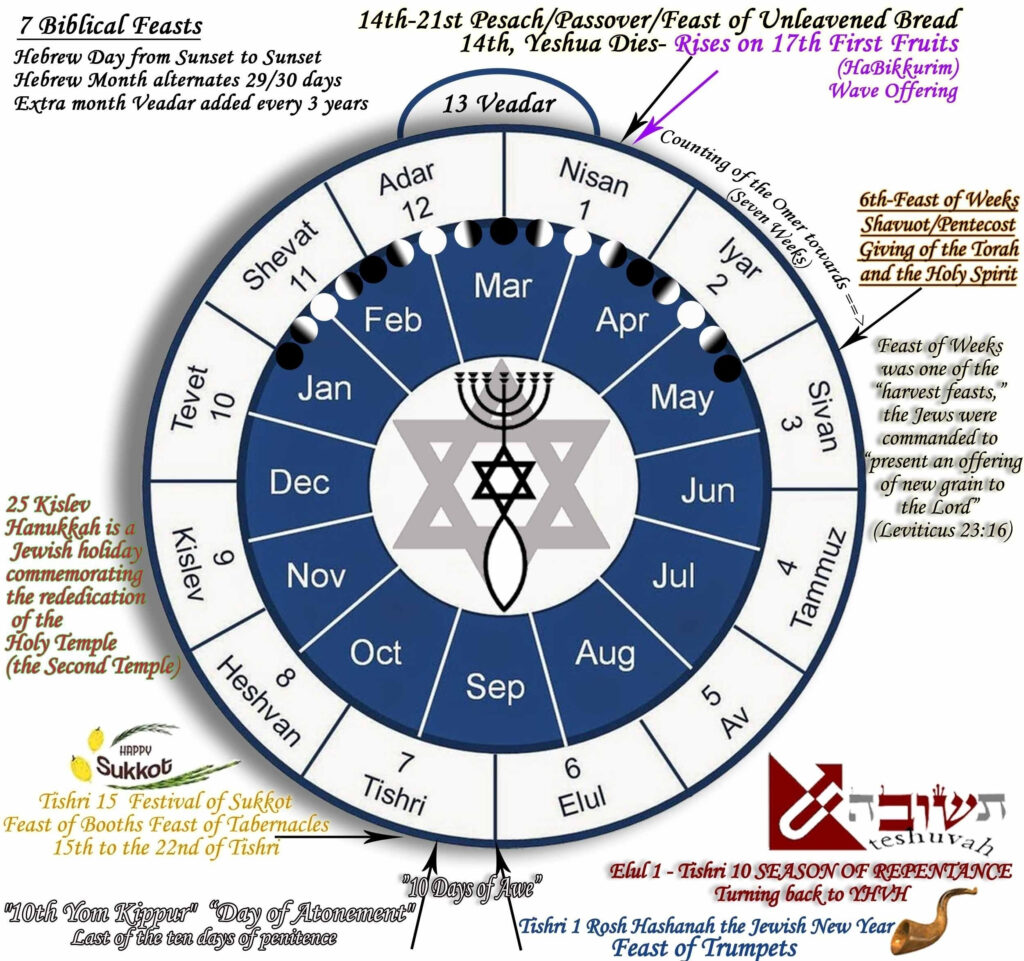The Jewish calendar, also known as the Hebrew calendar, is a lunisolar calendar used by Jewish people to determine the dates of religious observances. The Jewish calendar is based on the cycles of the moon, with each month corresponding to a new moon. The calendar also incorporates solar adjustments to ensure that religious holidays fall at the appropriate seasons.
In the Jewish calendar, the first month is called Tishrei. Tishrei usually falls in September or October in the Gregorian calendar. This month is significant as it marks the beginning of the Jewish year and is the month in which Rosh Hashanah, the Jewish New Year, is celebrated.
Is September The First Month Of The Jewish Calendar
Significance of Tishrei in the Jewish Calendar
Tishrei is a month of reflection, repentance, and renewal in the Jewish calendar. Rosh Hashanah, which falls on the first and second days of Tishrei, is a time for introspection and prayer, as well as festive meals and the sounding of the shofar (a ram’s horn). This holiday marks the beginning of the Ten Days of Awe, a period of repentance leading up to Yom Kippur, the Day of Atonement.
As the first month of the Jewish year, Tishrei sets the tone for the year ahead. It is a time for Jewish people to reflect on their actions from the past year, seek forgiveness from others, and make resolutions for self-improvement in the coming year. Tishrei is a month of new beginnings and spiritual growth in the Jewish calendar.
